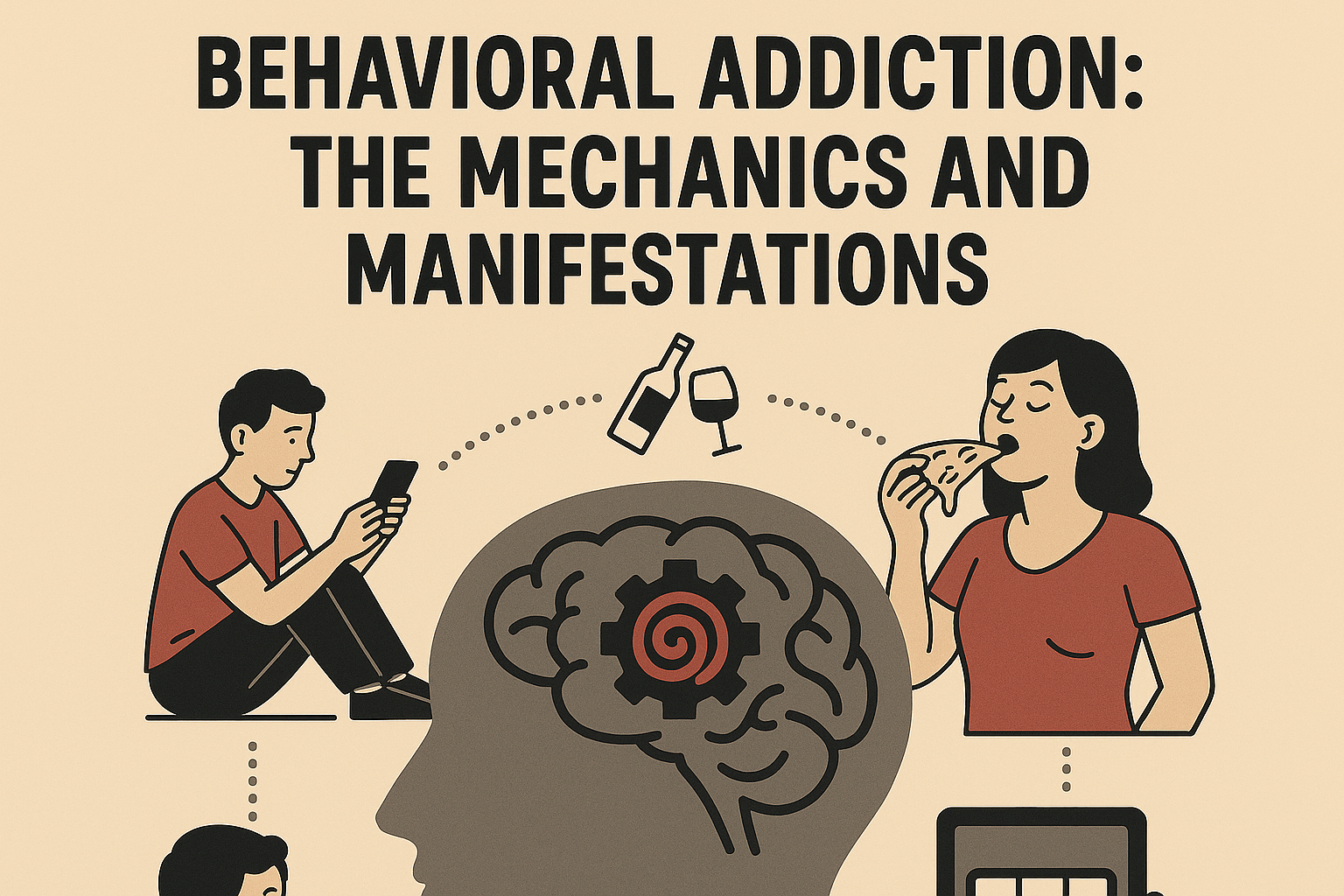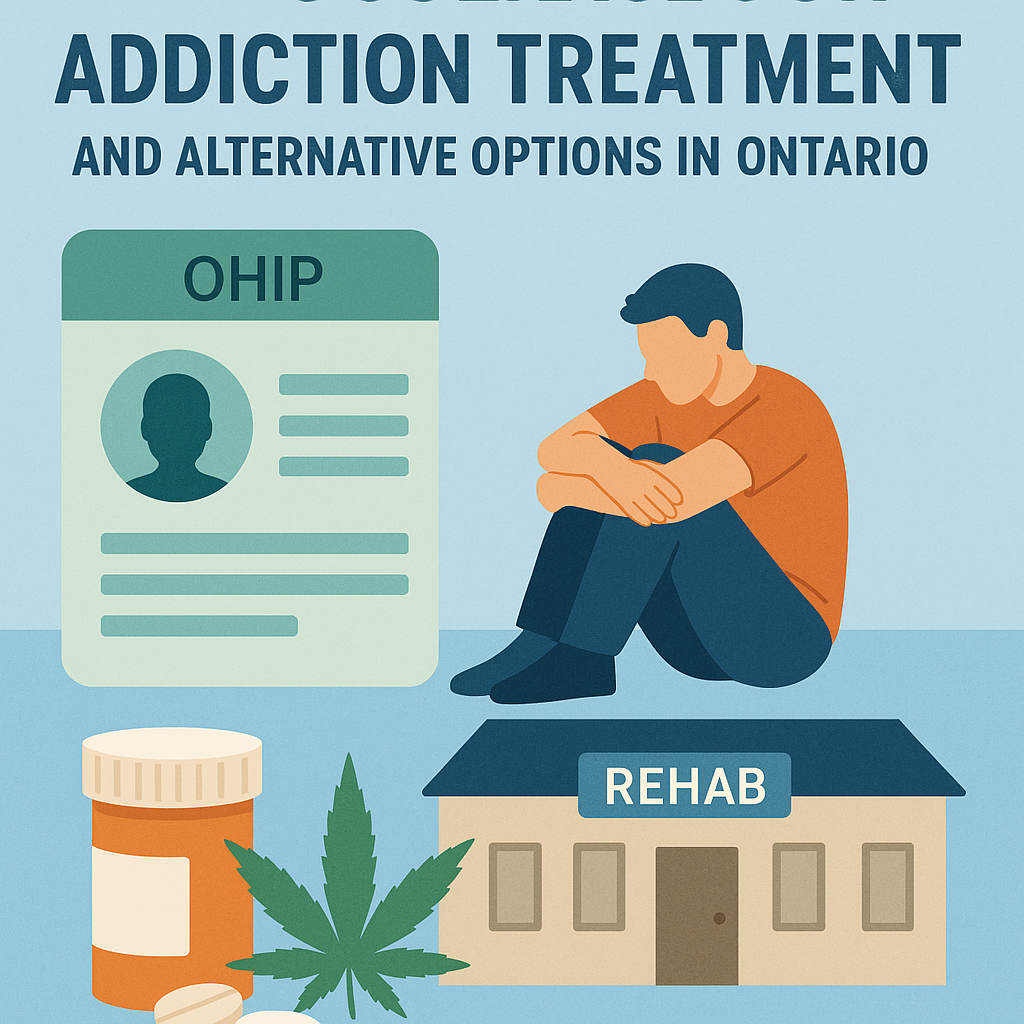
Negative attitudes and views about individuals based on distinctive characteristics viewed as disadvantages are referred to as stigma.
Stigma is particularly harmful when applied to those with either a mental health or substance use disorder. It can manifest as overt discrimination, such as explicitly making a derogatory remark over someone’s condition, or in more covert ways, like avoiding someone due to perceptions about their behaviour or stability.
Social stigma can also result in self-judgment, where people internalize societal prejudices and see their condition as a personal failure. This poses significant obstacles to general well-being and entry to private addiction treatment.
The Harmful Effects of Stigma
The effects of stigma are far-reaching, impacting nearly every aspect of a person’s life:
1. Reluctance to seek help
Many people with mental health or substance use disorders are reluctant to seek treatment because they are afraid of being stigmatized or judged. Their hesitancy keeps them from accessing the resources and support they need to greatly improve their quality of life.
Unfortunately, nearly 90% of individuals with substance use disorders and 35% of those with serious mental illnesses do not receive treatment.
2. Social isolation
Stigma often results in a lack of understanding from family, friends, and colleagues because they view them as dangerous or unstable. Those with a mental health or substance use disorder may experience even greater feelings of loneliness and sadness due to additional social isolation, making it more difficult for them to reach out for support.
3. Discrimination in opportunities
Individuals with stigmatized conditions frequently encounter discrimination in areas such as employment, education, and housing. These barriers often preclude them from access to opportunities essential for professional and personal growth.
For example, landlords may refuse to rent their property to individuals with a history of substance use disorder, and employers may be reluctant to hire them due to concerns about perceived trustworthiness. These biases create additional challenges, hindering their ability to thrive and integrate into society.
4. Mental and emotional harm
Stigma has a deep emotional impact on people, and can frequently lead to internalized shame and low self-esteem. Negative societal prejudices can influence how people perceive themselves, instilling hopelessness and discouraging attempts to seek private addiction treatment or recovery.
5. Healthcare barriers
Stigma exists even in healthcare settings. Healthcare professionals may harbour biases that result in inadequate care or may have dismissive attitudes, discouraging people from seeking medical attention.
Furthermore, health insurance policies may not adequately cover treatments for mental health conditions or substance use disorders, posing significant financial challenges for many.
The Role of Language in Perpetuating Stigma
An individual’s mental health is just one component of their identity and does not define who they are. However, using stigmatizing language can reinforce damaging stereotypes and often reduce a person to their condition.
For example, referring to someone as “mentally ill” ignores their humanity, whereas using a more respectful, people-first approach, such as “a person living with a mental health condition” emphasizes their individuality. Similarly, labels like “addict”, “alcoholic”, or “schizophrenic” places undue emphasis on the individual rather than the disorder that they are experiencing.
Instead, saying “someone living with an alcohol use disorder” or “someone living with schizophrenia” puts the person first and affirms that mental health is just one facet of their identity. This person-centred approach combats stigma and fosters greater compassion.
Thus, we can change public perceptions, foster empathy, and eliminate the stigma associated with mental health and addiction-related issues by changing the language we use. Other examples of person-centred language include the following:
- Rather than using the word “addict,” use “a person with a substance use disorder.”
- Instead of using “committed suicide,” use “died by suicide”.
- Use “person with an alcohol use disorder” instead of “alcoholic”.
- Instead of saying “reformed addict,” use “person in recovery”.
- Say “in treatment” instead of “getting clean”.
- Rather than calling someone a “bipolar person”, use “person living with bipolar disorder”.
These changes in language promote a sense of respect and acceptance, which not only improves public opinions, but also motivates people to seek out support. Since language shapes behaviour and our perceptions of others, choosing words carefully is required to reduce stigma.
Steps Individuals Can Take to Cope With Stigma
While combating stigma is a collective effort, those experiencing stigma can take proactive steps to mitigate its harmful effects:
Seek Treatment
One of the most important steps in improving one’s quality of life is treatment. Everyone should be able to get the help they require to improve their well-being without fear of labelling or judgment.
In addition to offering coping mechanisms for stigma and symptom relief, seeking professional care can enhance mental well-being, quality of life, and psychosocial functioning.
Built a Support Network
Trusted friends, relatives, or community numbers can offer the empathy and compassion needed to counteract stigma. Talking about one’s experiences with encouraging and supportive individuals promotes a feeling of community and combats isolation.
Join Support Groups
Support groups offer a safe setting where people can interact with others who are sympathetic to their journey and share similar experiences. These groups often also strive to promote greater acceptance and understanding by educating the general public on mental health and addictions.
Collective Efforts to Combat Stigma
We must work together to combat stigma and build a more understanding and compassionate society. Two crucial approaches include the following:
1. Raise community education about mental health and substance use disorders
Educational campaigns and interventions are effective tools for challenging stigma. They present accurate facts to dispel myths and combat negative biases. This can be achieved through workshops, public campaigns, and advertising, or one-on-one discussions when someone presents inaccurate information.
By substituting stereotypes with evidence-based knowledge, these initiatives promote acceptance and understanding.
2. Increase contact with people with lived experience
Limited meaningful interactions with individuals living with mental health or substance use disorders can contribute to mistrust, misunderstandings, and fear. Actively engaging with and learning from those with lived experiences fosters a deeper connection and offers a humanized understanding of these conditions.
By hearing their stories, we can cultivate empathy and dismantle stigma at both an individual and societal level.
Contact Metamorphosis Centre for Change for Private Addiction Treatment
The stigma surrounding mental health conditions and substance use disorders creates major barriers that limit opportunities and access to treatment. Tackling this issue calls for both personal and collective efforts.
At Metamorphosis Centre for Change, we believe in the transformative power of compassionate care, offering a safe, judgment-free space where individuals can share their experiences and begin their healing journey through private addiction treatment.
By fostering understanding, empathy, and support, our experienced team is dedicated to breaking the cycle of stigma that often hinders recovery, encouraging our community to embrace their stories and advocate for change.
Through our integrated mental health services, which include group therapy, art and music-based therapy, inpatient treatment, and pharmacotherapy, our comprehensive approach addresses every aspect of addiction, promoting holistic healing.
Our private addiction treatment facility and tight-knit community stand as a united force against stigma, creating an environment of acceptance and self-compassion for all. Through understanding and building genuine connections, we redefine recovery as a journey of growth and healing.
If you have any questions or are ready to begin your path to recovery, reach out to us now. You can call the Metamorphosis Centre for Change at 1-888-616-1678 or contact us online.





